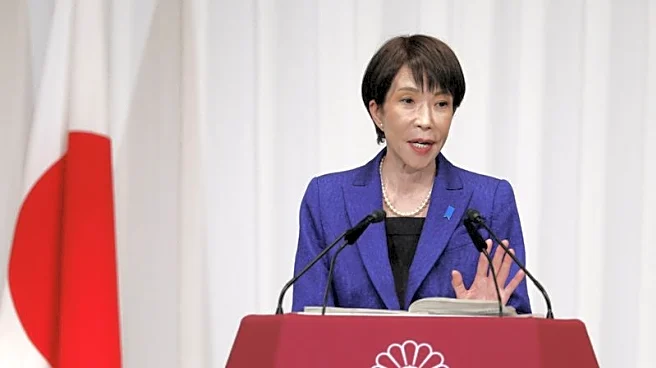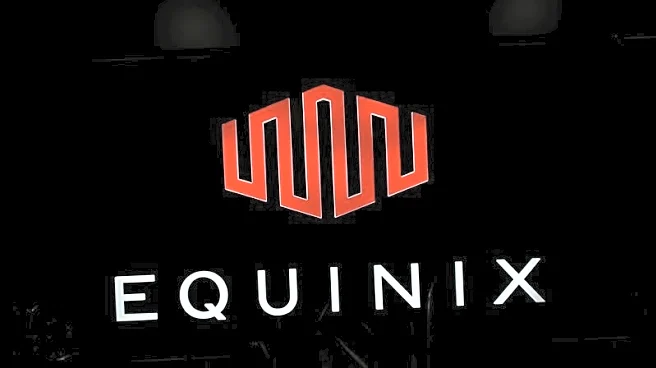Rapid Read • 8 min read
Gary Grant, the founder of the UK's largest toy chain, The Entertainer, is transferring ownership of the business to its 1,900 employees through an employee trust. This decision allows staff to share in the profits and have a say in the company's operations. Grant, who started the business in 1981, is handing over 100% ownership to preserve the family legacy and maintain the company's values. The Entertainer, known for its Christian ethos, does not open on Sundays and donates 10% of its profits to charity. The transition is expected to be completed next month, with the senior leadership team gaining full control.
AD
The move to employee ownership is significant as it reflects a growing trend in business models that prioritize employee involvement and profit-sharing. This approach can enhance employee motivation and loyalty, potentially leading to improved business performance. It also ensures that the company's values and legacy are preserved, which is crucial for maintaining customer trust and brand identity. The decision may inspire other businesses to consider similar ownership models, impacting the broader retail industry and employee relations.
Once the transfer is complete, the senior leadership team, led by Andrew Murphy, will have independent control of The Entertainer. They will be responsible for continuing the company's legacy and ensuring its success aligns with the family's values. The transition may lead to changes in business strategy, including potential expansion plans and adjustments in operations to accommodate the new ownership structure. Employees will likely experience increased engagement and responsibility in shaping the company's future.
The shift to employee ownership raises questions about the long-term sustainability of such models, particularly in terms of funding and growth. While it limits the ability to raise external capital, it also protects the company from asset stripping and ensures profits are reinvested into the business. This model may influence corporate governance practices, encouraging more ethical and inclusive decision-making processes.
AD
More Stories You Might Enjoy












